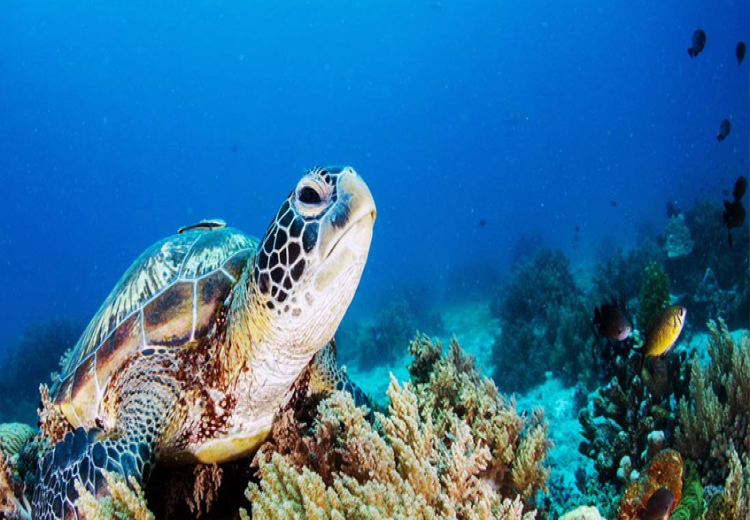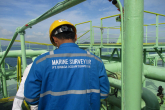Oceanographer
Key tasks:
Physical oceanographers study the relationship between the ocean’s physical properties, the atmosphere, and the seafloor and coast. They investigate ocean temperature, density, waves, tides, and currents. They also focus on how the ocean interacts with earth’s atmosphere to produce our weather and climate systems.
Oceanographers may specialize in different subfields, each with its unique focus. Here are some key subfields within oceanography:
• Physical Oceanography - study of ocean currents, waves, tides, and the physical properties of seawater.
• Chemical Oceanography - investigation of the chemical composition of seawater and the distribution of elements and compounds.
• Biological Oceanography (Marine Biology) - study of marine life, including organisms ranging from microscopic phytoplankton to large marine mammals.
• Geological Oceanography - examination of the geological features of the ocean floor, including the study of sediments, rocks, and tectonic processes.
• Paleoceanography - investigation of past ocean conditions and climate through the analysis of sediment and fossil records.
• Ocean Engineering - application of engineering principles to design and develop technologies for ocean exploration and resource extraction.
• Marine Geophysics - use of geophysical methods to study the structure and properties of the Earth's crust beneath the oceans.
• Ocean Technology and Instrumentation - development and application of instruments and technologies to study the ocean environment.
• Climate and Ocean Modelling - use of computer models to simulate and predict oceanic and atmospheric processes.
• Marine Policy and Management - addressing policy issues related to the sustainable use and conservation of marine resources.
Entry requirements/training:
You will need to meet the University entrance requirements for an undergraduate Bachelor of Science degree.
Once you have completed your undergraduate degree you can continue with post graduate studies and specialise in different areas of oceanographic research. In 2016, UCT established SEAmester, a ‘class afloat’ where post graduate students voyage on the SA Agulhas II conducting research and interacting with young South African scientists, lecturers, and field specialists in a hands-on practical environment. The ship travels off the coast of Port of St Johns and students choose a programme based on two streams: Oceans in a Changing Climate or Tools of the Trade. UCT also has a Research Diving Unit equipped with a decompression chamber and compressor and scientific diving opportunities are available to both UCT and non-students.
Associated job opportunities:
Individuals with a background in oceanography can pursue various career opportunities across different sectors. Here are some associated job opportunities for oceanographers:
• Research Scientist
• Oceanographic Technician
• Environmental Consultant
• Ocean Data Analyst
• GIS Specialist (Geographic Information Systems)
• Marine Resource Manager




